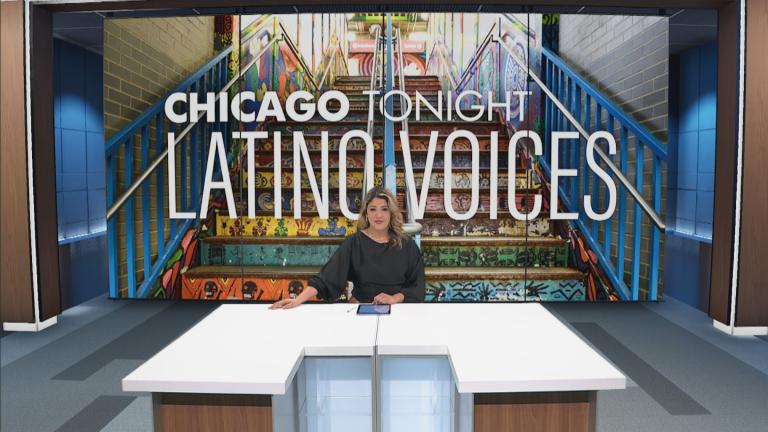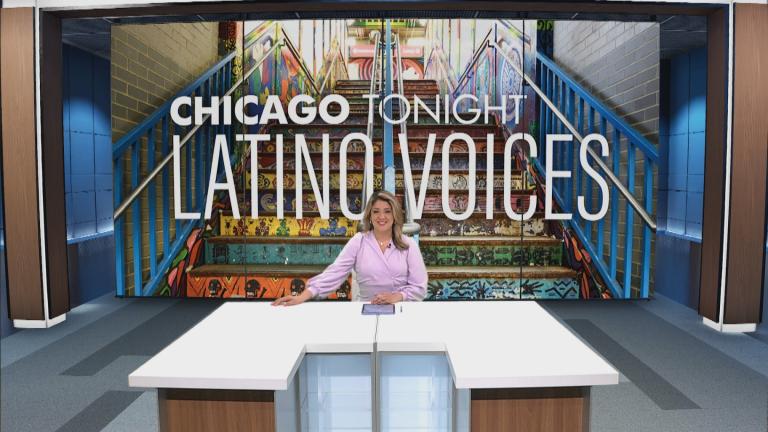An increase to Chicago’s minimum wage and enhancements to the Fair Workweek Ordinance take effect July 1.
Andy Fox, director of labor standards for the Chicago Department of Business Affairs and Consumer Protection(BACP), said that the laws are intended to maintain robust protections for all Chicago workers.
Any employee that works two hours or more in the city within a two-week period must also receive at least the Chicago minimum wage.
“These are low wage workers throughout the city of Chicago. And rather than focus on the employers in the city, we focus on the worker. So if any worker in the city of Chicago performs work within the geographic boundaries of the city, they become a covered employee,” Fox said.
The Chicago minimum wage is tiered for large businesses with 21 or more employees, and small businesses with 4-20 employees. The minimum wage for larger employees increases annually according to the Consumer Price Index or 2.5%, whichever is lower, since reaching $15 per hour in 2021. The minimum wage for small businesses continues to increase toward $15 per hour by 2023. The minimum wage as of July 1, 2022 will be:
• $15.40 for employers with 21 or more employees (including all domestic workers, regardless of the number employed)
• $14.50 for employers with 4-20 employees
• The minimum wage for tipped employees will be $9.24 for employers with 21 or more employees, and $8.70 for employers with 4-20 employees (employers must make up the difference between any tips received and the applicable minimum wage for non-tipped workers.)
In addition to the minimum wage boost, enhancements to the Fair Workweek Ordinance will require employers in covered industries to post work schedules with at least 14 days’ notice, an increase from the previous 10 days’ notice. Employees will need to earn less than $29.35 per hour or $56,381.85 per year to gain protection under the Fair Workweek Ordinance. Covered industries include building services, health care, hotel, manufacturing, restaurant, retail, or warehouse services.
Fox said his office has not received much pushback on the laws thus far from the city’s businesses.
“Good employers are just interested in compliance. They’re not interested in complaining, they don’t have time to complain. They’re managing the same things we all as consumers are trying to manage like their gas, rent. Everything is going up in this economy right now so they’re trying to manage things,” he said.
Employers interested in learning more about the changes can watch the webinars Employer Responsibilities Under Chicago’s Minimum Wage Ordinance and Employer Responsibilities Under Chicago’s Fair Workweek Ordinance.
On July 23, BACP will host a free in-person Small Business Expo from 10:00 a.m.- 2:00 p.m. at Kennedy-King College featuring industry experts, government agencies, educational workshops, and a networking hour.








